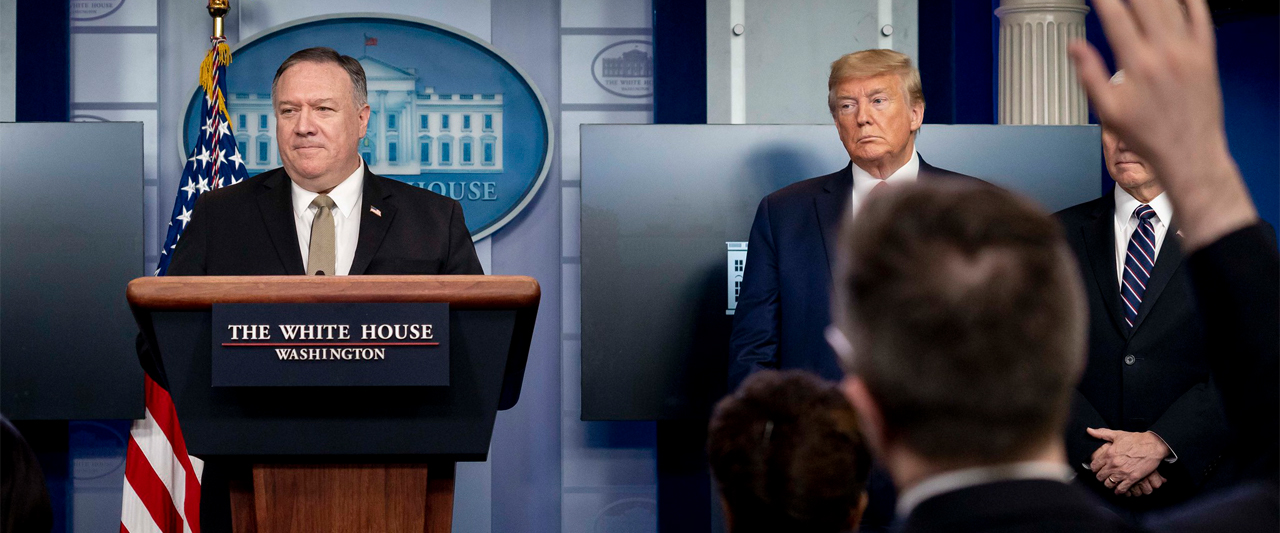The Commission on Unalienable Rights was formed by Secretary of State Mike Pompeo in July 2019 to advise on human rights in U.S. foreign policy. The Commission’s mandate to identify which human rights are “unalienable” and which are “ad hoc” has been questioned by human rights experts because it potentially undermines the foundation of human rights—that all rights are universal, inalienable and equal in importance. Secretary Pompeo announced that the Commission’s report will be released this month or next.
“This Commission’s work is largely hidden from public view,” says Gillian Kane, Ipas senior technical manager for policy and advocacy, “yet, some members have been very public in expressing their openness to prioritizing some rights, mainly freedom of religion, over other rights, including the right to equality and non-discrimination.”
Health providers around the world have invoked their personal or religious beliefs to justify denying health care, including for abortion and contraception. And when states uphold such claims without ensuring there are mechanisms for referral to safe care, the consequences can be life-threatening.
Human rights bodies have consistently stated that no right trumps another. This year the U.N. Special Rapporteur on the Freedom of Religion or Belief clearly laid out how rights must be balanced: “The Special Rapporteur rejects any claim that religious beliefs can be invoked as a legitimate ‘justification’ for violence or discrimination against women and girls or against people on the basis of their sexual orientation or gender identity.”
“Reproductive rights, including abortion rights, are human rights—we all have the right to make decisions about our bodies and our health. We all have the right to determine if or when we want to have children,” says Ipas President and CEO Anu Kumar.
“All human rights are interdependent, interrelated and equal in importance,” Kumar adds. “This Commission’s attempt to redefine human rights opens the door to massive abuses by regressive governments around the world. We simply can’t allow that.”
In addition to its own letter, Ipas joined more than 160 leading human rights activists and groups from 28 countries in a joint letter to the Commission.
For more information, contact [email protected].


